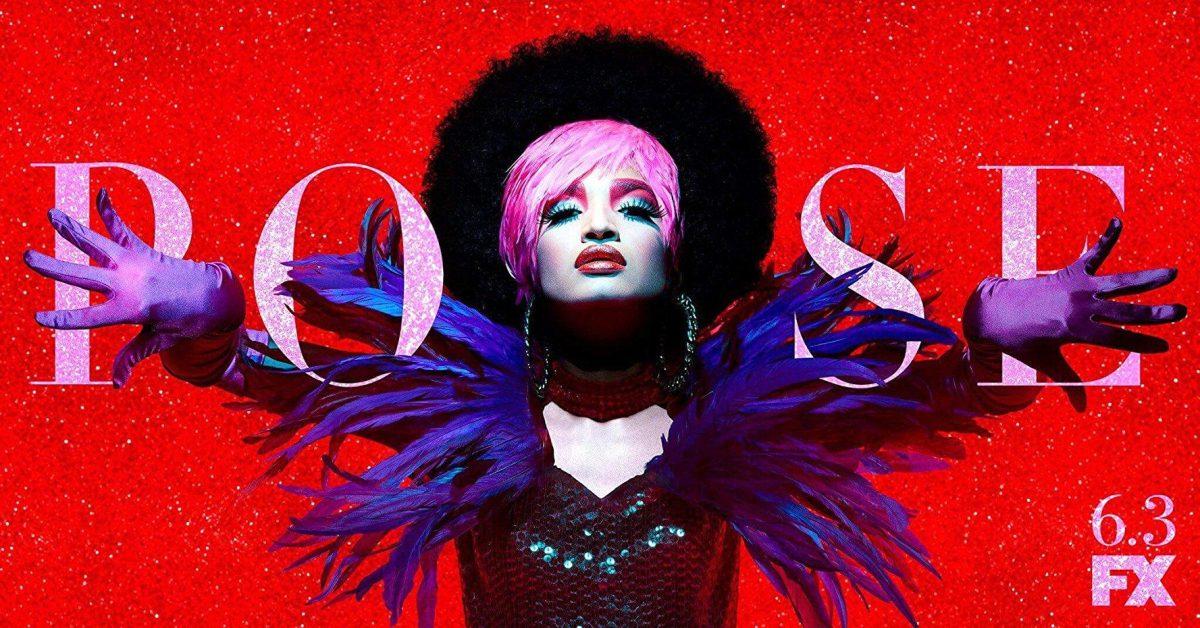“Pose” was, in a nutshell, another absolutely revolutionary TV series gifted to us by none other than Ryan Murphy himself.
“Pose” tells the story of a community that doesn’t often get represented on camera — the transgender community and ball scene in the 1980s.
The story focuses on Blanca (Mj Rodriguez) as she breaks away from Elektra’s (Dominique Jackson) house, the House of Abundance, and creates her own house, the House of Evangelista. She goes out rescuing young LGBTQ people in need and seeks to challenge the House of Abundance at every turn.
In this series, a house is not only a team that competes on and off the catwalk but also a family. The houses are full of LGBTQ men and women who have been cast out by their actual families. They find the love and unconditional support of a family within their house.
Though all characters are tied to their respective houses, the series dives into each character’s past and personal life throughout the series.
Angel (Indya Moore), a young transgender woman, is picked up by a young up-and-coming businessman named Stan (Evan Peters) and begins a passionate but frowned-upon romance. Stan toys with not only Angel’s emotions, but his own sexuality as well.
The series also presents us the story of Damon (Ryan Jamaal Swain), a 17-year-old black gay man who is violently rebuked by his parents when they find out his sexuality. Damon’s subplot is among one of the most heartwarming subplots as Blanca takes him off the streets and does everything in her power to get him into a prestigious dance school.
The real star of the series is Pray Tell (Billy Porter), the emcee for all of the balls. His tell-it-like-it-is attitude and sassy remarks make him one of the most entertaining characters to watch on the show. While these emcee characters can often get away with not having a backstory, Pray Tell’s story is an important one to tell.
Pray Tell is often seen going to the local hospital to visit a man he had been romantically involved with who is now bed-ridden with AIDS. The series does not try to paint a pretty picture over the horrible treatment of AIDS patients in the ‘80s. The entire floor is desolate and nurses are shown just leaving meals outside the doors of hospital rooms.
The series never hesitates to point out the tough parts of life for the transgender community. A part of the series that shocked me by seeing it on camera was Blanca, a transgender woman, being violently threatened and thrown out of a gay bar inhabited mostly by straight-passing white men. This was and is still a prevalent divide in the LGBTQ community, and I’m glad Murphy didn’t shy away from including this in the series.
Overall, I believe “Pose” tells a story that has never been widely told before. This culture in the ‘80s influenced so much of today’s pop culture and yet we know nothing about it because it has been attempted to be erased from history. I believe telling these stories is an important step towards inclusivity in today’s world.







